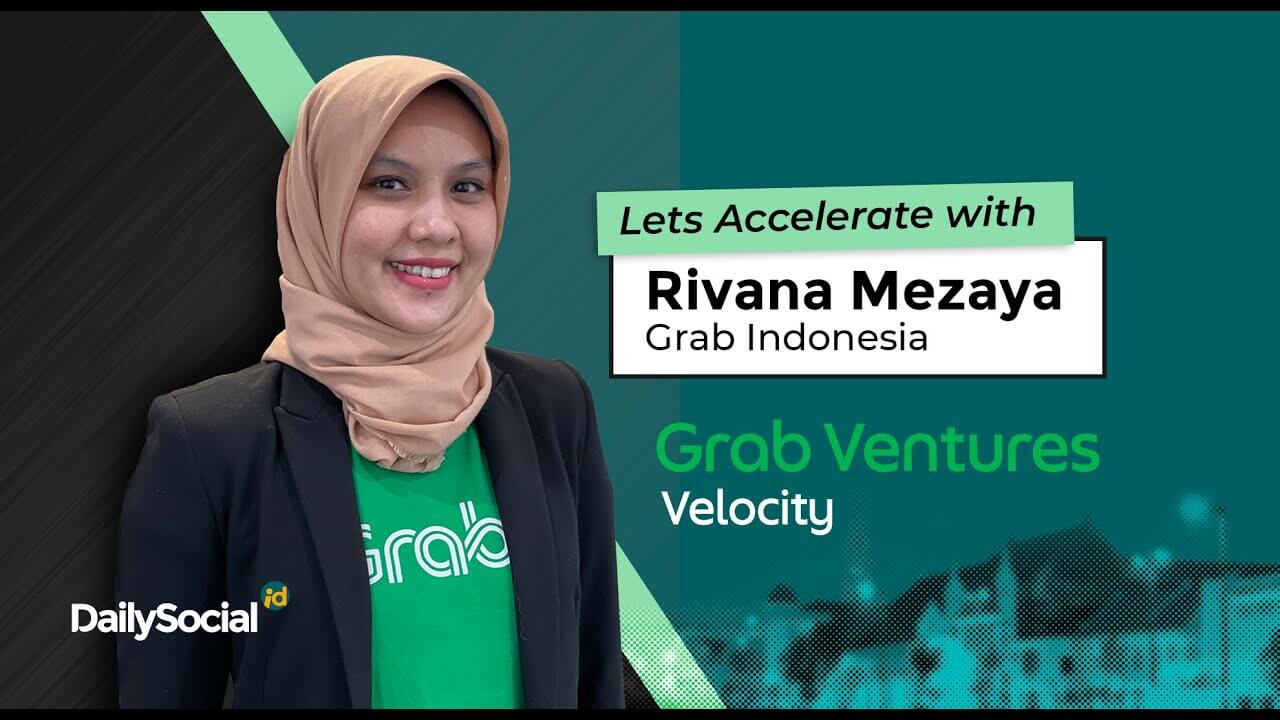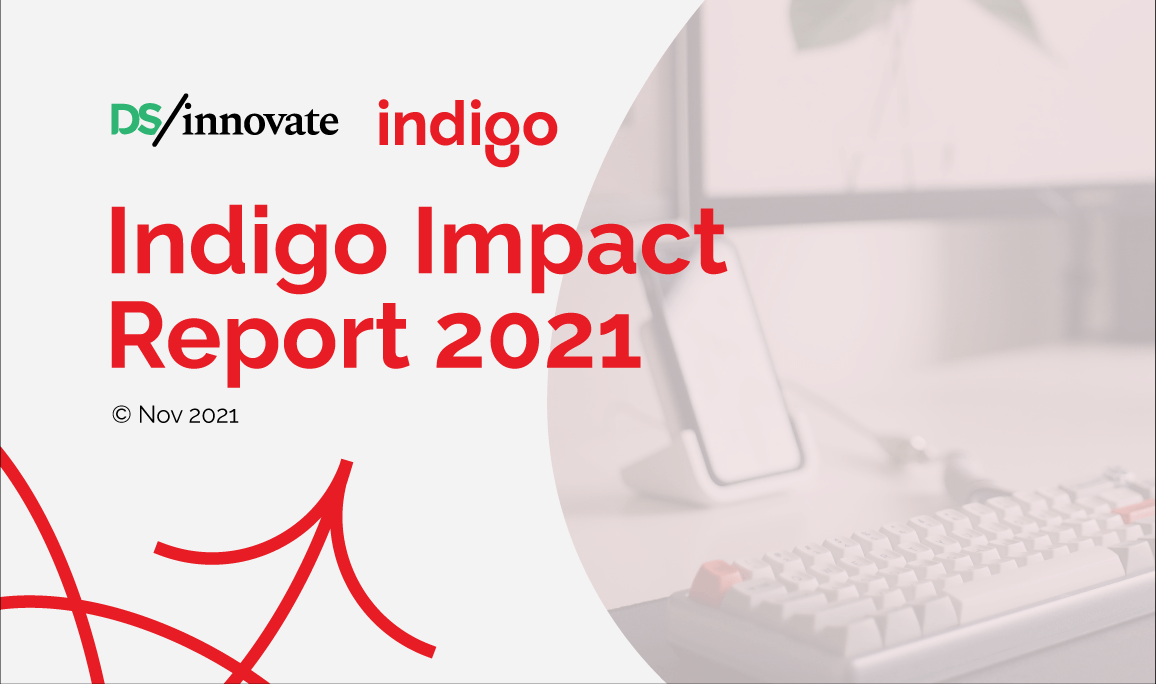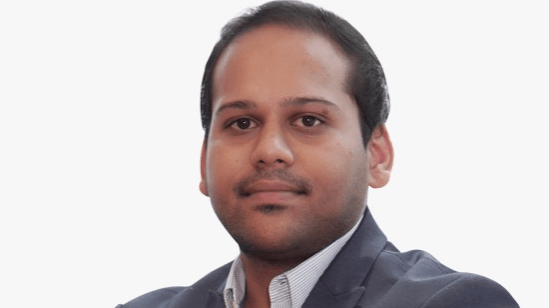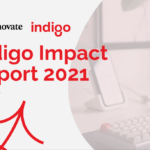
Incubators and accelerators are inseparable to the development of startup ecosystem, as both may help startup growing their business, especially during their early phase. However, their roles in Indonesia seems to be decreasing as time goes by. What made them nearly invisible? Will their era be re-emerged in Indonesia?
Although having different structures, both programs have the same goal, which is to accelerate startups’ growth. The underlying difference between these both lies on which phase do startusp join.
An incubation project typically takes more time, as it can lasts for six months or more. This is because the project allows raw ideas as well, not only startups with tested products. Thus, it needs more time to validate the idea, the product, and, finally, the market.
Meanwhile, an accelerator campaign may end faster, as three months are considered to be enough. This is because it only covers startups with tested products. They join an accelerator to have their growth being accelerated so that they may enter the market confidently. Hoever, some accelerators, liek DDB Accelerator, set eight to twelve months as their normal program duration.
Actually, there are still a number of local incubators and accelerators being alive in Indonesia. Some are old players, like Indigo Incubator, GEPI, Skystar Ventures, Binus Startup Accelerator, Jakarta Founder Institute, and Ideabox. New players, including KLN Play, Kolaborasi, and Start Surabaya, are also on the rise.
Nonetheless, some others are gradually diminishing. Why? I think it’s startup to be blamed.
Having brilliant ideas, finding co-founder, sealing funding from investors, getting acquired by Google, and being wealthy with amazing reputation are everyone in startup industry’s dream. Unfortunately, the ugly truth tells us that life’s not that joyful. Why?
This might be old and classic, but I think Indonesian startups still focus on weak concept, poor differentiation and innovation, lack of management and legal readiness, and irrational valuation. Not to mention founders’ low awareness on available incubators and accelerators. There are still tons of people who have doubts on these programs, as they still focus on the final product, which is investment. They’re not aware that a lot of benefits are theirs to enjoy should they decide on joining one of the programs.
Nevertheless, I won’t put all of the burdens on their hand, since the industry is still relatively new and immature. Moreover, some of the startups are still skilled and passionate. Alexander Jarvis even predicted that in 2015, more incubators and accelerators will rise in Indonesia.
If you want to know more about this matter, join Echelon Indonesia 2015, which will be held on April 14-15 at Balai Kartini. In the panel, Peter Goldsworthy (Ardent Labs), Aryo Ariotedjo (Grupara’s CEO and Founder), Nicko Widjaja (Indigo Incubator’s Director), and Antonny Liem (Merah Putih Inc’s CEO) will pass their knowledge and share their experience regarding this issue.










